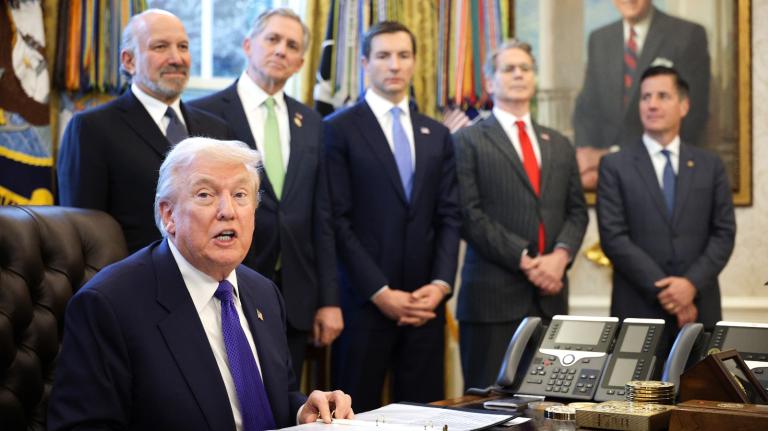
ShutterstockOMG, I just saved way more energy than you.
Continuing its long tradition of reporting on trends long after they’ve become trendy, The New York Times has a big story today on gamification: “a business trend — some would say fad — that aims to infuse otherwise mundane activities with the excitement and instant feedback of video games.”
[D]igital technologies like smartphones and cheap sensors have taken the phenomenon to a new level, especially among adults. Now, game concepts like points, badges and leader boards are so mainstream that they have become powerful motivators in many settings, even some incongruous ones. At a time when games are becoming ever more realistic, reality is becoming more gamelike.
A lot of gamification is aimed at getting us to buy junk. The BBC quotes one critic within the gaming industry:
Ian Bogost, co-founder of the game design company Persuasive Games, … calls Gamification a “marketing gimmick”. And, in another blog post, took his critique one step further, describing it as “exploitationware” and “bullshit, invented by consultants as a means to capture the wild, coveted beast that is videogames and to domesticate it for use in the grey, hopeless wasteland of big business …”
But some people are trying to harness the trend for good instead of evil. From the Times:
More than 75 utilities have begun using a service from a company called Opower that awards badges to customers when they reduce their energy consumption. Customers can compare their progress with their neighbors’ and broadcast their achievements on Facebook.
“I’m not going to lie — I hate those online game apps on Facebook. I delete them,” said Brett Little, who works for an environmental nonprofit group in Grand Rapids, Mich., and has been known to share his energy-saving progress online. “This one I really enjoy.” …
“We have a tendency to be dismissive about games, but what we’re learning is that games in general are wonderfully powerful tools that can be applied in all sorts of serious contexts,” said Kevin Werbach, an associate professor at the Wharton School at the University of Pennsylvania, who teaches a course on how businesses can use games and recently wrote a book on the subject.
We reported on Opower’s Facebook app and other conservation-focused games this past summer and last year. We even dabbled in some green gamification of our own way back in 2009. Grist: more trend-attuned than The New York Times.




